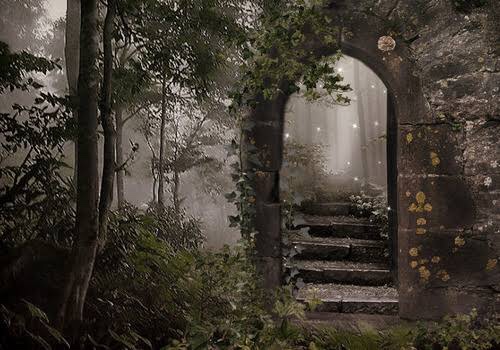Many assumed that 2020 would be a year to remember. Perhaps because it was a once-in-a-century numeric milestone where the millennium and decades aligned. Perhaps it was more simplistic than that – did it just roll off the tongue nicely? Either way, many had high hopes for what the 366 days of the 2020 leap year would bring.
However, it is highly unlikely that anyone anticipated what was actually in store. Since ringing in the New Year, we have become accustomed to phrases, new terminology, and lifestyle changes that were simply unfathomable just 12 months ago. Words like ‘unprecedented’, ‘disaster’ and ‘isolation’ have dominated our airwaves and newsfeeds and dictated how we live and exist. I am still caught off-guard and experience moments of “never in my lifetime did I think…”. We are challenged to find our place in our new ‘normal life’ as we grapple to process how much has changed in a short space of time.
The same goes for our children. In their short lives, they have seen daily death tolls and case numbers replace traditional conversations about the weather. They have seen their already small world shrink even further and the familiar become off-limits and potentially a danger to avoid. Their homes became their classrooms. Their friends became fleeting online encounters. Their parents became their teachers and their teachers scrambled to become online education experts. And all of this happened in the blink of an eye.
This week, I have been re-immersed in studies of the liminal space – a transitional space where learning occurs. An intangible space where we are on the brink of transformation; the precipice of change. This is often an uncomfortable space and one which requires reflection, persistence (and a little bit of grit) to pass through. The liminal experience is clouded by ‘what if?’ and this year continues to be filled with many of these unanswered questions.
2020 is proving to be a state of transition for us all. Collectively, we are attempting to navigate an uncomfortable and often extremely challenging version of a reality which we really don’t fully recognise as being our own. Elements appear familiar on the surface but we are thrust forwards into uncertainty by the once distinguishable faces who are now covered with face masks for safety, by the temperature checks as we enter our local stores and by the lingering scent of sanitiser as we dare to bring our hands near our faces. We are all challenged to find the familiar in the unfamiliar.
Yes, 2020 is a year to remember. Just not for the reasons we had anticipated.
But, if our past experiences with the liminal have taught us anything it is that we can successfully transition and transform through periods of change, even those which we don’t necessarily choose to enter. Although we are required to transition through this time whilst ‘socially-distancing’ and isolating ourselves from others, this might be the one time in history where our liminal experiences are more closely aligned than ever before. This time, our personal success depends on us collectively breaking through to the other side.

As teachers, we are privileged with a position of offering a place of safety, calm, learning (and often laughter) for our students. Whilst that place has had to adjust and adapt this year (along with virtually everything else in our lives), our position still bestows the privilege of offering a place of safety, calm, learning, and laughter to our students. They are still looking to us for guidance and answers in an effort to find something familiar and recognisable to hold tight to.
No-one expects teachers to be able to solve the crises that 2020 has delivered. However, I believe that one of the most important roles we can fulfil this year is not about academic growth. Instead, it is about continuing to offer what we always have – a place of calm and safety. Our students will be searching for familiarity in our interactions more than ever before so they know they can continue to depend upon as they battle through their own liminal challenges this year.
We may never return to how life used to be (and some may not want to). But that’s the thing with emerging through the other side of a liminal experience – you can’t ‘un-know’ what you have learned along the way. So, perhaps the question becomes – what will you help your students know that they did not know before when we finally emerge out the other side?

Happy (and safe) Teaching.

What a wonderful article! If you can provide a place – a mental place – of safe and calm for kids, they will have a good chance of learning and dealing with what they know (and can’t “unknow”) in the future. It’s beyond me how teachers are doing double duty in the midst of a medical crisis, but my hat’s off to you!
LikeLike